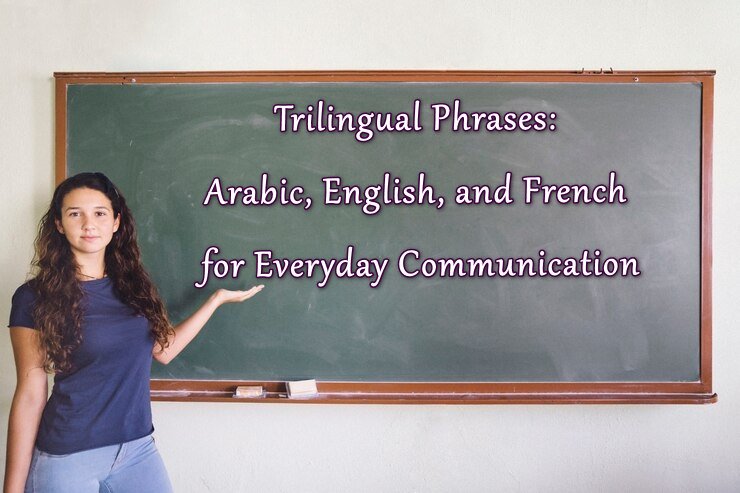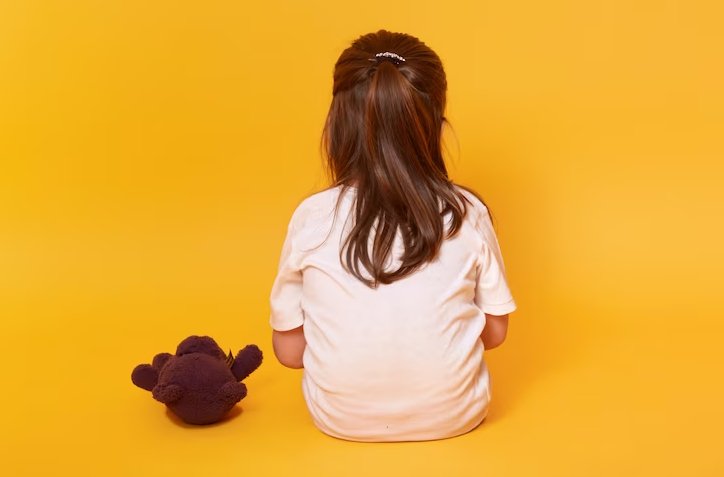
Child punishment is a sensitive topic that often raises debates among parents, experts, and the general public. While some believe that punishment is necessary to discipline children, others argue that it can be harmful and ineffective in the long run. As a parent, understanding the impact of child punishment is essential for ensuring the healthy development and well-being of your child.
What is Child Punishment?
Child punishment refers to any form of negative consequence that is given to a child for misbehavior. It can take various forms, including physical punishment, such as spanking or hitting, or emotional punishment, such as verbal abuse or neglect. Punishment is usually given as a way of correcting behavior or teaching a child a lesson.
The Impact of Child Punishment
Child punishment has been linked to various negative outcomes for children. Studies have shown that children who are punished excessively or inappropriately are at a higher risk of developing mental health problems, such as depression and anxiety. They may also experience low self-esteem, poor academic performance, and social isolation.
In addition to the negative emotional and psychological effects, child punishment can also have physical consequences. Physical punishment, in particular, has been linked to increased aggression in children, as well as a higher likelihood of developing behavioral problems and delinquency.
Alternatives to Child Punishment
Given the negative impact of child punishment, it is essential for parents to explore alternative methods of discipline. Positive discipline is a non-punitive approach that focuses on teaching children appropriate behavior and problem-solving skills. Positive discipline strategies include praising good behavior, setting clear boundaries, and using natural consequences to teach lessons.
Another alternative to child punishment is the use of time-out, which involves removing a child from a situation that is causing misbehavior. Time-out allows children to calm down and reflect on their behavior without being punished. It can be an effective tool for teaching children to regulate their emotions and behavior.
Conclusion
As a parent, it is important to understand the impact of child punishment on your child’s emotional, psychological, and physical well-being. While punishment may seem like a quick fix for misbehavior, it can have long-lasting negative effects on your child’s development. By exploring alternative methods of discipline, such as positive discipline and time-out, you can help your child learn appropriate behavior and problem-solving skills without resorting to punishment. Remember, the goal of discipline should always be to teach, not to punish.



















